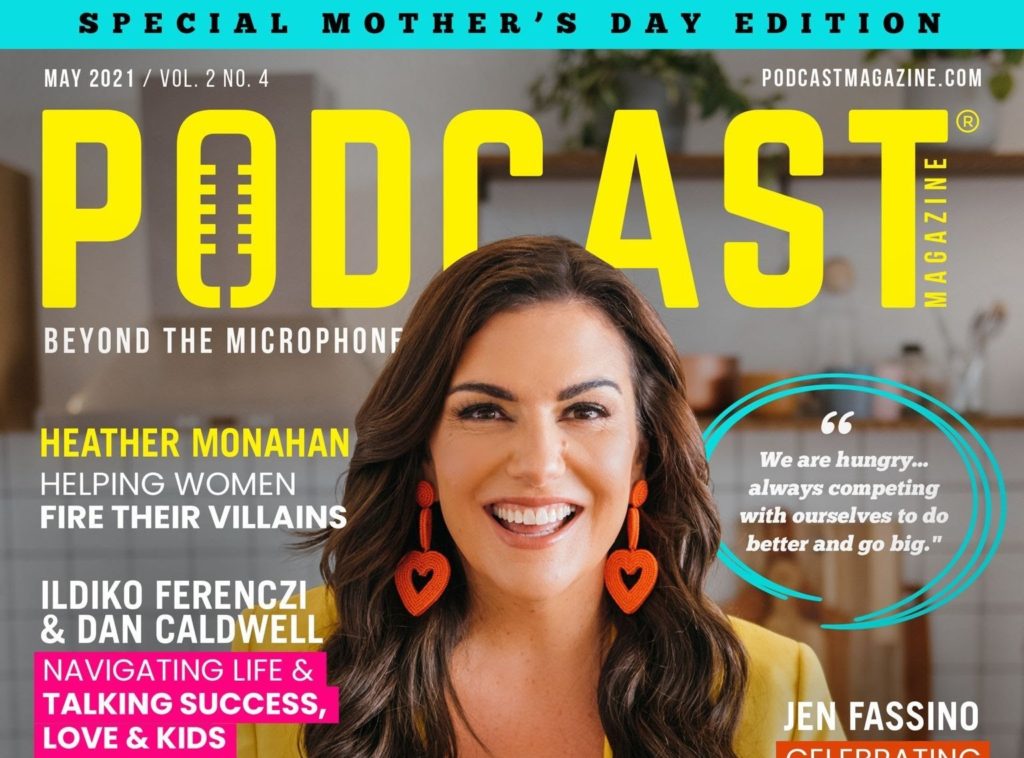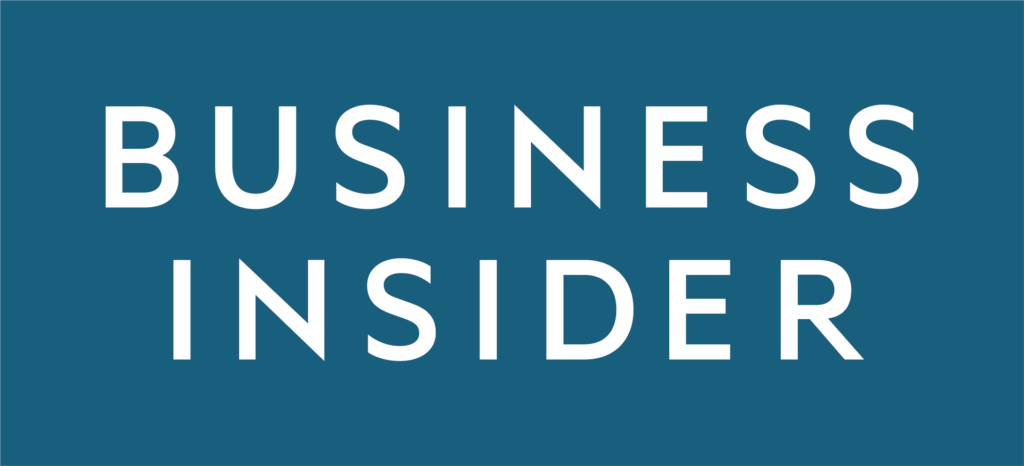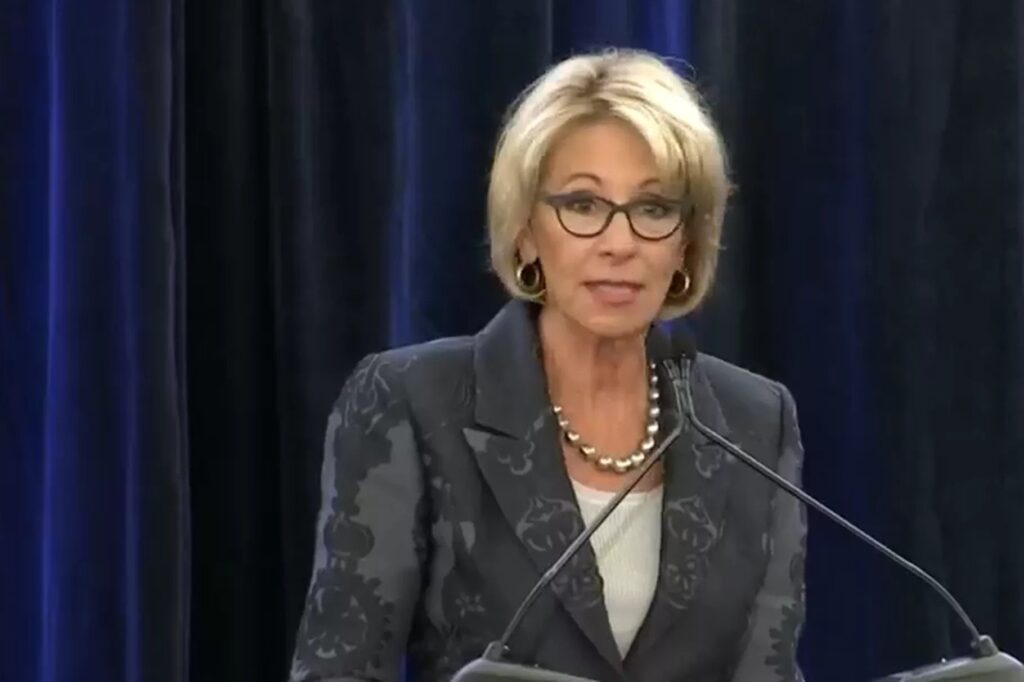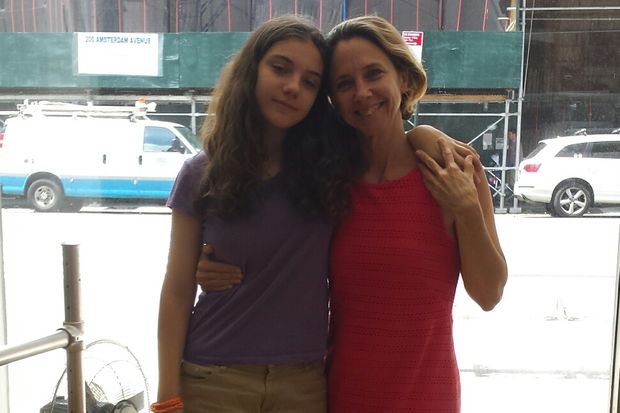When I was a little baby ED, I remember sitting at my board meeting and one of my board members said, “Well, if everyone in New York gave us just $1, we wouldn’t have to worry about fundraising.”
This comment gets the prize for Dumbest Thing Ever Said.
If everybody is your donor, then nobody is your donor.
Our failure to be specific about the wants, needs and desires of our ideal donor means that we produce content, marketing and messaging that are generic, boring and not attractive to our ideal donor.
Have the courage to be remarkable.
If you don’t risk turning anybody off, you’re not distinct enough to turn anybody on.
Here’s a three step plan to help you identify your ideal donor:
- Start with a hypothesis.
Knowing that 80% of your budget is likely given by 20% of your donors, focus on your 20%.
In other words, within your donor base, can you identify one person who you wish you could clone?
Build an avatar. Here are some things to consider:
- Age
- Gender
- Race
- Occupation
- Values
- Media habits
- What they want most to achieve with their philanthropy
- Why do they care about your cause in particular?
- What are some of the pain points in dealing with charities in the past?
- Interview them
So often we create messages that we *think* appeal to our donors instead of just asking them. Pick up the phone, ask them for fifteen minutes of their time. They will be delighted to hear from you for a reason other than an ask.
For example, you may think that your Susan gives to education because she used to be a teacher. After an interview, you find out that she’s actually worried about the future of democracy and our need to raise critical thinkers.
Conduct at least three of these interviews and pick out two or three common themes.
- Craft your message and iterate over time.
Instead of trying to be all things to all people, hone a specific message that will act as a beacon to your ideal donor. For three to six months, create content that speaks specifically to your ideal donor type on your social media, newsletters and all other content channels.
Use it as an opportunity to deepen relationships and start conversations with your people.
People don’t want to be sold to, they want to buy. And they want to buy from people that deeply understand them and their motivations.
Most importantly, consider some of the pain points they’ve experienced in the past. Maybe they were not told the impact of their gift. Maybe they had a bad post-giving experience. Use that as a differentiator for you in the market. Speak directly to the pain of your donor.
Gone are the days of mass, generic content. Content that is highly specific, niched down and personalized will win in this loud market.
Your two takeaways: create your ideal donor avatar and set up some learning conversations.
———————————————-
If you like this, there are two ways to work with me:
- If you are a leader of a small nonprofit that needs to get clear on strategy and systems, check out Fund Your Strategic Vision. This is best suited to organizations from start-up to under $1M.
- If you’re $1M+ and ready to get your major gift program underway, I’m accepting applications now for my Fundraising Accelerator starting September 15. Applications are due July 14 and the group is capped at 20.
Articles

MAY 10, 2021
Celebrating the top moms of podcasting and shining the spotlight on these amazing women

December 21, 2020

JULY 03, 2020
19 female entrepreneurs and business owners share the silver linings that are helping them through the pandemic in Business Insider

SEPTEMBER 21, 2017
Jeffersonian Dinners: Using Food and Conversation to Draw in Donors in Chronicle of Philanthropy

AUGUST 2, 2017

MAY 23, 2017

MARCH 9, 2017



